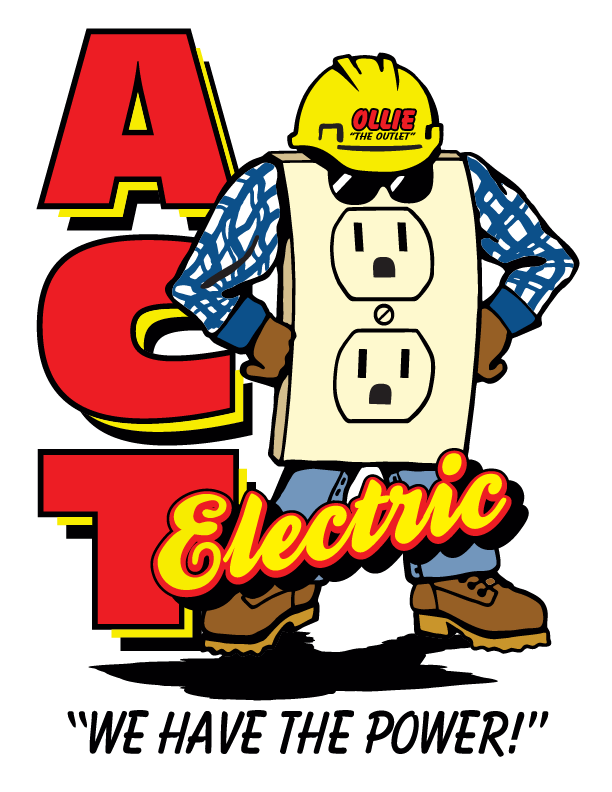Common Household Appliances and Their Electricity Usage
Household appliances are vital in modern life because they make daily tasks easier and more efficient.
Household appliances are vital in modern life because they make daily tasks easier and more efficient. But, they consume a lot of energy, contributing to high monthly energy bills. The average American household spends about $2,200 annually on energy bills, with heating and cooling appliances accounting for a greater share of the usage. However, other appliances such as refrigerators, clothes dryers, and lighting fixtures contribute significantly to overall energy consumption.
Household appliances are broadly categorized into large, small, and consumer electronics. Let's consider the energy usage of these household appliances:
Large appliances' energy usage
Large appliances are large electrical machines for essential functions like heating and cooling, refrigeration, washing, and cooking. These include air conditioners, refrigerators, ovens, and washing machines. These appliances typically consume the most electricity, with heating and cooling appliances being the most significant energy consumers. For instance, a central air conditioner can use up to 17% of a home's energy, while a water heater uses around 14%.
Below is the amount of power used by various large appliances in terms of watts per day:
Central air conditioner: 28-63 kWh
Water heater: 13.5 kWh
Refrigerator: 225 watts
Electric oven: 2,500 watts
Stove: 1500 watts
Small appliances' energy usage
On the other hand, small appliances are portable or semi-portable machines used for household tasks like cleaning, grooming, and food preparation. These include vacuum cleaners, hair dryers, blenders, and toasters. While these appliances consume less electricity than significant appliances, they can still contribute to overall energy usage. For instance, a clothes dryer can use up to 3.2% of a home's energy, making line drying a more energy-efficient alternative.
Below is the amount of power used by various small appliances in terms of watts per day:
Vacuum cleaners: 1000 watts
Hair dryers: 1500 watts
Blenders: 500 watts
Toasters: 850 watts
Electronics' energy usage
Finally, we have consumer electronics. These are electronic devices used for entertainment, communication, information processing, etc. They include televisions, computers, gaming consoles, and smartphones. These appliances typically consume less electricity than large or small appliances, but their standby power usage can still contribute significantly to overall energy consumption. For example, standby power can account for up to 10% of a household's energy usage, and unplugging appliances when not in use can help reduce standby power consumption.
Below is the amount of power used by consumer electronics in terms of watts per day:
Television: 150 watts
Computers: 500 watts
Gaming console: 150 watts
Smartphones: 6 watts
Conserve energy
There are several steps that households can take to reduce their energy consumption. One of the most effective strategies is to replace older, inefficient appliances with newer, Energy Star-rated models, which are more efficient and can significantly reduce monthly energy bills. Additionally, households can take simple steps like adjusting the thermostat to a more energy-efficient temperature, unplugging consumer electronics when not in use, using LED light bulbs, and using programmable thermostats to control temperatures automatically throughout the day.
Improve energy efficiency
If you need help making your home more energy efficient, don't hesitate to contact an electrician. It is a worthy investment that will pay for itself long-term.
ACT Electric is a full-service residential and commercial electrical contractor company specializing in electrical installation, repairs, and upgrades, electrical troubleshooting, electrical remodeling, electrical home inspection, and electrical retrofitting. We always prioritize customer comfort and safety. Give us a call at (480) 986-1722 today!

